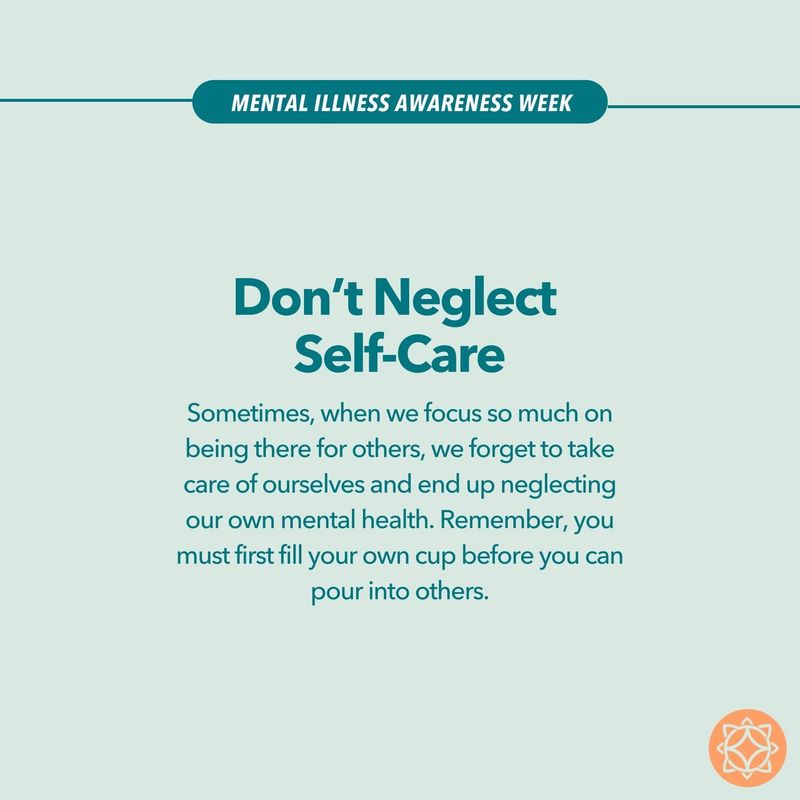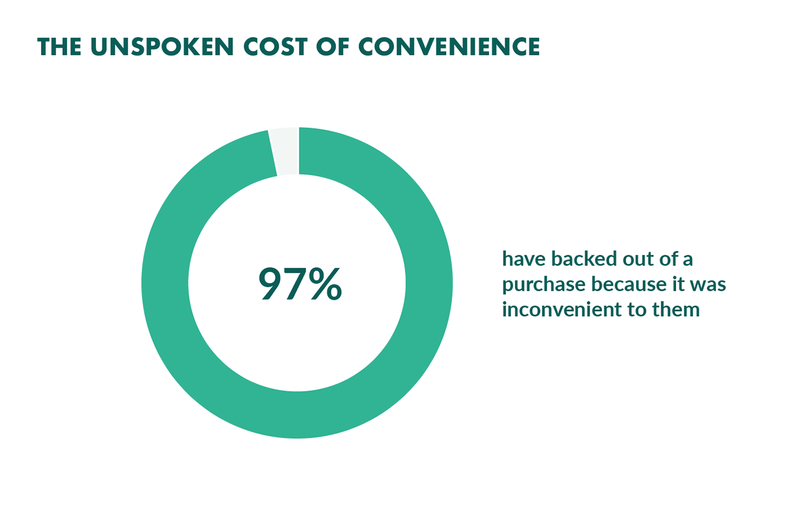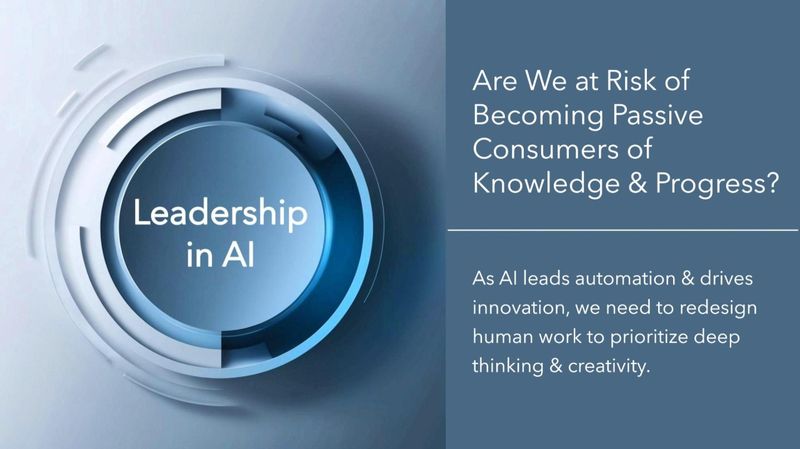In a world filled with social norms and silent agreements, there are certain things we all quietly pretend are okay, even though, deep down, we know they’re not. These unspoken truths often go unnoticed in our daily lives, but they deserve attention. From the little white lies we tell ourselves to the larger societal issues we overlook, here’s a list of 14 things that many of us tacitly accept, despite knowing better.
1. Overworking as a Badge of Honor

“Working hard or hardly working?” Overworking has become a badge of pride in many cultures. But, is it truly beneficial? The glorification of busyness often masks serious issues such as stress and burnout. While you might think staying late at the office proves dedication, it can take a toll on your health and relationships.
Chronic overworking can lead to mental exhaustion, decreased productivity, and even health problems. The cultural norm of bragging about being busy ignores the importance of balance. We all need time to recharge and connect with loved ones, yet many pretend this imbalance is okay.
2. Ignoring Mental Health

“I’m fine,” we often say, but mental health remains a taboo topic. Despite awareness campaigns, many ignore their mental health until it becomes overwhelming. Society’s emphasis on ‘toughening up’ deters people from seeking help.
Living in denial about mental health can lead to severe consequences. It’s crucial to recognize the importance of mental well-being and seek support when needed. Pretending everything is okay won’t solve the underlying issues; acknowledging them and being open about seeking help can lead to a more fulfilling life.
3. Constant Connectivity

In our modern age, being constantly connected is the norm. Yet, is being glued to screens helping or hindering our lives? Many pretend that being available 24/7 is beneficial, ignoring potential drawbacks.
Constant connectivity can lead to anxiety, reduced attention span, and even hinder personal relationships. It’s crucial to find a balance between staying informed and allowing ourselves time to disconnect. Embracing digital detoxes can significantly improve quality of life, yet we often act like perpetual connectivity is harmless.
4. Fast Fashion’s Environmental Impact

The appeal of fast fashion is undeniable—trendy clothes at cheap prices. But its environmental impact is a growing concern. Fast fashion encourages mass production and disposal, contributing significantly to pollution and waste.
Many consumers ignore this harsh reality, indulging in unsustainable shopping sprees. Yet, each purchase contributes to environmental degradation. Mindful consumption and supporting sustainable brands can mitigate this impact. Still, pretending that fast fashion’s consequences are insignificant remains a common practice.
5. The Myth of Multi-tasking

“I can handle it all,” we say, championing multitasking as a skill. However, juggling tasks often leads to less efficiency and more stress. Studies show that multitasking reduces productivity as the brain struggles to switch between tasks.
Pretending that multitasking is a superpower masks its detrimental effects. It’s essential to prioritize tasks and focus on one at a time. Embracing single-tasking can lead to better results and improved mental clarity. Yet, many continue to buy into the myth of multitasking, ignoring its true impact.
6. Endless Notifications

“It’s just a notification,” we say, but the constant pinging of smartphones is quietly overwhelming. These interruptions pull us away from present moments, affecting productivity and peace.
Notifications are engineered to keep us engaged, but they often lead to distraction. Disabling unnecessary alerts can reclaim valuable time and focus. Yet, many pretend that the barrage of notifications is a normal part of life, ignoring the stress it induces.
7. Diet Culture Pressures

“Just one more diet,” we promise ourselves, trapped in endless cycles of diet culture. The pressure to achieve an ideal body image is relentless, often leading to unhealthy habits.
Diet culture promotes quick fixes and unrealistic standards, overshadowing genuine well-being. It’s crucial to focus on balanced, sustainable living rather than temporary diets. Pretending that diet culture pressures are acceptable disregards the importance of self-acceptance and health.
True wellness is about balance, not extremes, yet many adhere to the illusion that diet culture is harmless.
8. Social Media Perfection

“Picture perfect!” Social media showcases idealized versions of life, setting unrealistic standards. We often pretend these portrayals are normal, ignoring the curated nature of such content.
The pursuit of social media perfection can lead to dissatisfaction and anxiety. Recognizing the difference between online personas and reality is vital. Many continue to scroll through feeds, pretending that this façade of perfection is attainable, overlooking its potential impact on self-esteem.
Embracing authenticity over perfection can lead to a healthier relationship with social media.
9. The High Cost of Convenience

“It’s just convenient,” we tell ourselves, but the environmental cost of convenience is significant. Single-use plastics and disposable products offer short-term ease but long-term harm.
Convenience often trumps sustainability, with many pretending that the trade-off is acceptable. Reducing plastic use and opting for reusable items can make a difference. Yet, the allure of convenience often blinds us to its true cost, as we quietly accept environmental detriments in exchange for ease.
10. Neglecting Sleep

“I’ll sleep when I’m dead,” we joke, but neglecting sleep is a widespread issue. The hustle culture glorifies sleepless nights, ignoring the necessity of rest for well-being.
Chronic sleep deprivation affects cognitive function, mood, and health. Many overlook these consequences, viewing sleep as expendable. Recognizing sleep’s crucial role in a healthy lifestyle is essential. Yet, pretending that sleeplessness is okay stays prevalent, often celebrated as dedication rather than a health risk.
11. Passive Consumerism

“Retail therapy,” we say, but passive consumerism often masks emotional voids. The cycle of buying for temporary happiness is prevalent, yet its long-term effects are frequently ignored.
Shopping sprees can lead to clutter and financial strain, yet many pretend that consumerism fills the void. Embracing mindfulness in consumption promotes sustainability and financial well-being. Recognizing the temporary nature of retail therapy can shift perspectives, but the habit of overlooking its implications often persists.
12. Ignoring Climate Change

“It’s a future problem,” many say about climate change, ignoring its present implications. The denial of climate change risks undermining the urgent actions needed today.
Evidence of environmental shifts is clear, yet many overlook these signs, pretending the crisis is distant. Acknowledging the current impacts and taking steps to mitigate them is vital for future generations. Denial only exacerbates the issue, as the world continues to silently pretend that climate change can wait.
13. Work-Life Imbalance

“Just one more project,” we assure ourselves, but work-life imbalance is a common struggle. The pressure to excel professionally often overshadows personal life, leading to dissatisfaction.
Prioritizing work over personal time can strain relationships and mental health. Finding harmony is essential for overall well-being. Yet, many continue to pretend that sacrificing personal time for work is acceptable, ignoring the potential for burnout and stress.
14. Ignoring Personal Boundaries

“It’s not a big deal,” people say, but ignoring personal boundaries is harmful. The dismissal of boundaries can lead to discomfort and strained relationships.
Setting clear boundaries is essential for mental health and respect. Overlooking them often results in stress and conflict, yet it’s common to pretend this invasion is acceptable. Establishing and respecting personal space fosters healthier interactions, yet many continue to ignore this need, prioritizing convenience over comfort.
Hi all, I am Sidney, an accountant, a hobbyist photographer, and a mother to two sweet girls who are my motivation. I love sharing the tips and tricks I gained all these years I’ve been a mother. I hope it will help you!

